𝐃𝐢𝐚𝐠𝐧𝐨𝐬𝐢𝐬 𝐯𝐬 𝐃𝐨𝐮𝐛𝐭
A: Diagnosis
A little girl comes into the emergency room.
She has fever, rash, low platelets.
The doctor thinks: Dengue? Sepsis? Something rarer?
He orders tests.
He starts fluids.
He calculates doses in his head.
Every decision is a balance — between what is likely, what is possible, and what cannot be missed.
This is diagnosis.
It is not a crystal ball.
𝐈𝐭 𝐢𝐬 𝐬𝐜𝐢𝐞𝐧𝐜𝐞 + 𝐞𝐱𝐩𝐞𝐫𝐢𝐞𝐧𝐜𝐞 + 𝐩𝐫𝐨𝐛𝐚𝐛𝐢𝐥𝐢𝐭𝐲.
𝐄𝐯𝐞𝐫𝐲 𝐝𝐨𝐜𝐭𝐨𝐫 𝐟𝐢𝐠𝐡𝐭𝐬 𝐮𝐧𝐜𝐞𝐫𝐭𝐚𝐢𝐧𝐭𝐲 𝐰𝐢𝐭𝐡 𝐭𝐡𝐞 𝐛𝐞𝐬𝐭 𝐰𝐞𝐚𝐩𝐨𝐧𝐬 𝐭𝐡𝐞𝐲 𝐡𝐚𝐯𝐞: 𝐞𝐯𝐢𝐝𝐞𝐧𝐜𝐞, 𝐭𝐫𝐚𝐢𝐧𝐢𝐧𝐠, 𝐚𝐧𝐝 𝐭𝐢𝐦𝐞.
𝐁: 𝐃𝐨𝐮𝐛𝐭
But outside the ICU, a different battle begins.
Relatives whisper: “Why so many tests?”
“Why is he delaying treatment?”
“Maybe they are making money out of this…”
Doctors explain probabilities.
Families hear possibilities.
𝐀𝐧𝐝 𝐢𝐧 𝐭𝐡𝐞 𝐬𝐩𝐚𝐜𝐞 𝐛𝐞𝐭𝐰𝐞𝐞𝐧 𝐭𝐡𝐞 𝐭𝐰𝐨, 𝐝𝐨𝐮𝐛𝐭 𝐟𝐞𝐬𝐭𝐞𝐫𝐬.
𝐓𝐡𝐞 𝐂𝐥𝐚𝐬𝐡 𝐨𝐟 𝐖𝐨𝐫𝐥𝐝𝐬
Doctors are trained to manage uncertainty.
Families want certainty.
Doctors explain risks.
Families hear excuses.
Doctors talk about science.
Families talk about trust.
Both are right in their own eyes.
But when doubt wins over diagnosis, everyone loses.
In the US, ER physicians talk about being accused of “over-testing” when ruling out a heart attack — yet sued for “under-testing” when a rare case slips through.
In the UK, junior doctors have been shouted at by families who believed delays were deliberate, not because an entire ward was understaffed.
𝐀𝐧𝐝 𝐢𝐧 𝐈𝐧𝐝𝐢𝐚, 𝐞𝐯𝐞𝐫𝐲 𝐝𝐨𝐜𝐭𝐨𝐫 𝐤𝐧𝐨𝐰𝐬 𝐭𝐡𝐞 𝐬𝐭𝐢𝐧𝐠 𝐨𝐟 𝐛𝐞𝐢𝐧𝐠 𝐜𝐚𝐥𝐥𝐞𝐝 “𝐠𝐫𝐞𝐞𝐝𝐲” 𝐟𝐨𝐫 𝐨𝐫𝐝𝐞𝐫𝐢𝐧𝐠 𝐭𝐡𝐞 𝐯𝐞𝐫𝐲 𝐭𝐞𝐬𝐭 𝐭𝐡𝐚𝐭 𝐦𝐢𝐠𝐡𝐭 𝐬𝐚𝐯𝐞 𝐚 𝐩𝐚𝐭𝐢𝐞𝐧𝐭’𝐬 𝐥𝐢𝐟𝐞.
𝐀 𝐯𝐬 𝐁
A: Diagnosis — messy, complex, probabilistic, science under pressure.
B: Doubt — suspicion, fear, mistrust, often louder than facts.
One saves lives.
The other destroys healing before it begins.
𝐖𝐡𝐲 𝐭𝐡𝐢𝐬 𝐦𝐚𝐭𝐭𝐞𝐫𝐬
Trust heals faster than any drug.
If a patient believes their doctor is trying to help, compliance rises.
If a family believes intent is pure, outcomes improve — even when results are uncertain.
But if trust erodes, even the right treatment looks wrong.
Even the best decision feels suspicious.
Even the healer becomes the accused.
𝐃𝐨𝐜𝐭𝐨𝐫𝐬 𝐚𝐫𝐞 𝐧𝐨𝐭 𝐦𝐮𝐫𝐝𝐞𝐫𝐞𝐫𝐬.
They are humans making the best calls in grey zones where certainty does not exist.
𝐓𝐡𝐞 𝐂𝐚𝐥𝐥
Patients and families: ask questions, but listen to answers.
Doctors: communicate better. Empathy is as vital as antibiotics.
Society: stop equating every complication with conspiracy.
𝐓𝐡𝐞 𝐠𝐫𝐞𝐚𝐭𝐞𝐬𝐭 𝐝𝐫𝐮𝐠 𝐰𝐞 𝐡𝐚𝐯𝐞 𝐢𝐬 𝐬𝐭𝐢𝐥𝐥 𝐭𝐫𝐮𝐬𝐭.
𝐋𝐞𝐭’𝐬 𝐧𝐨𝐭 𝐥𝐞𝐭 𝐝𝐨𝐮𝐛𝐭 𝐤𝐢𝐥𝐥 𝐢𝐭.

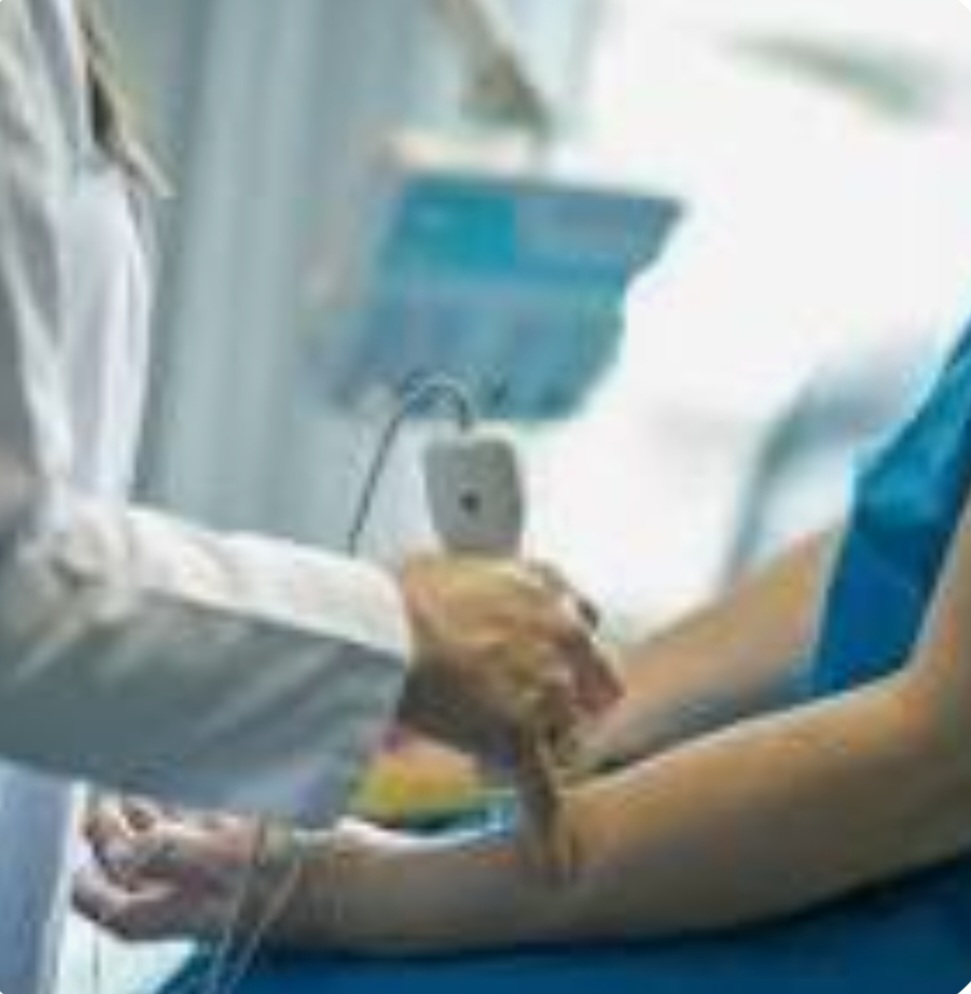
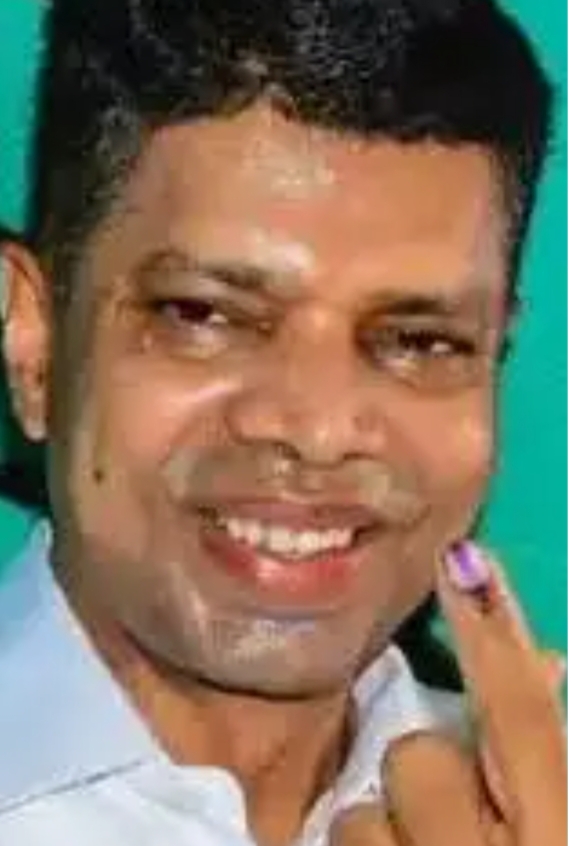
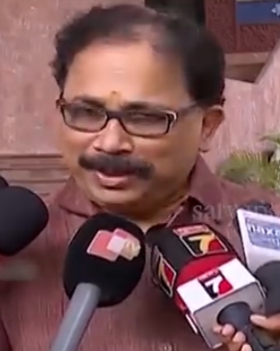
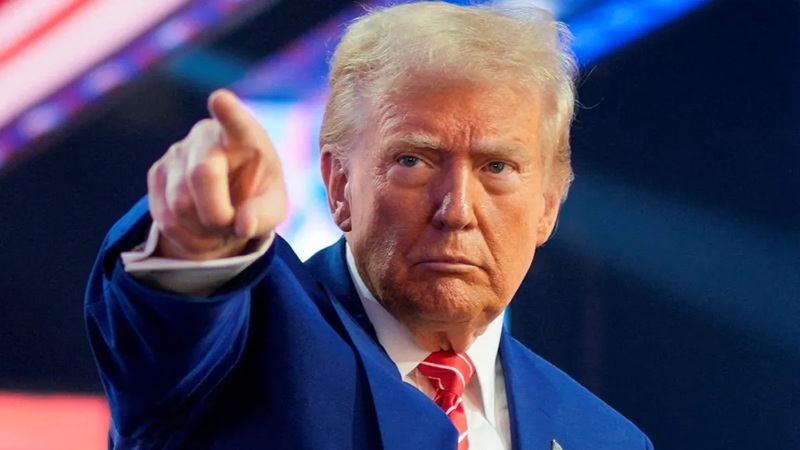
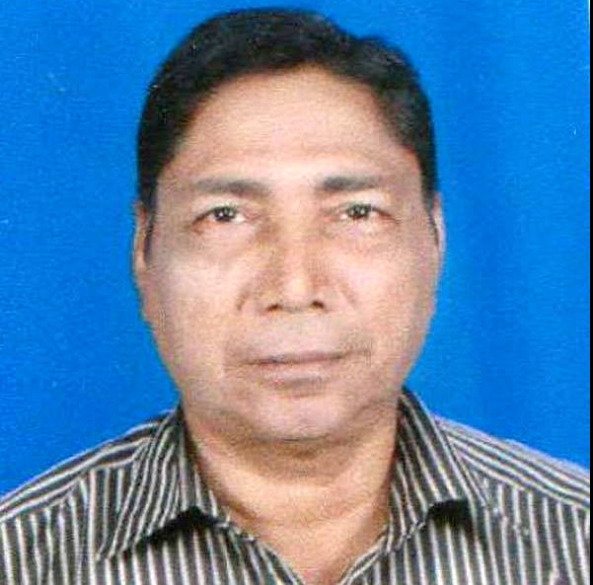
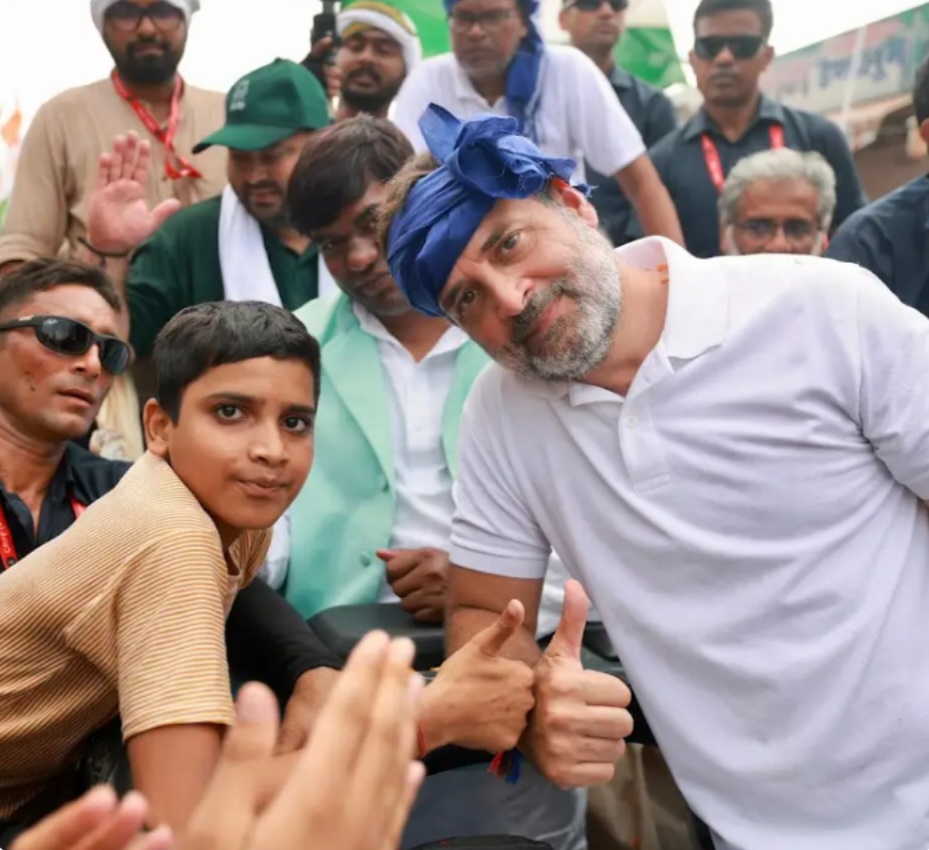

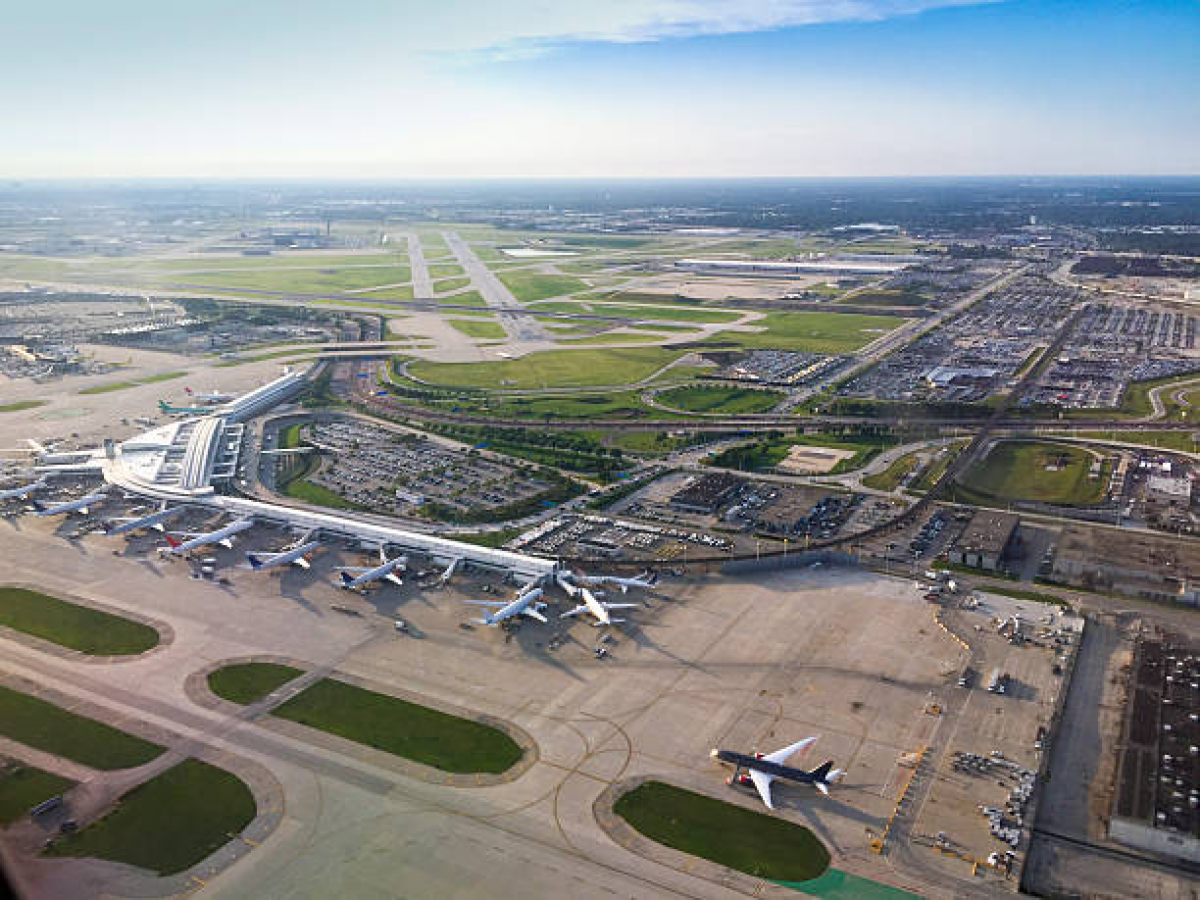
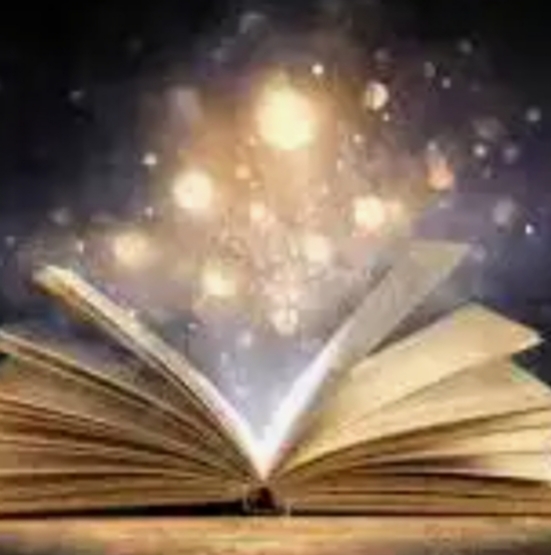
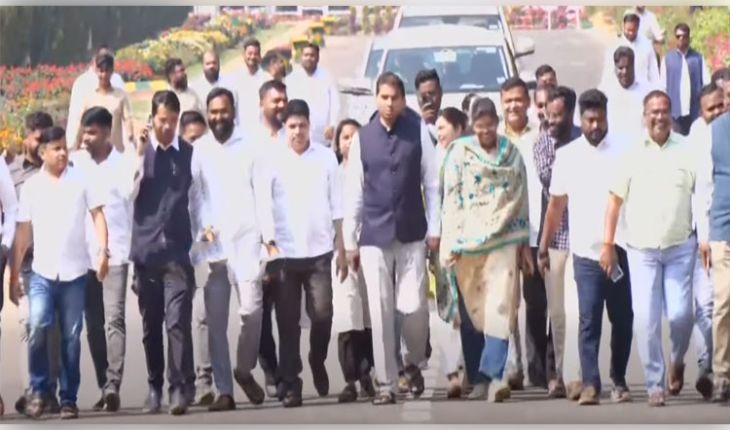
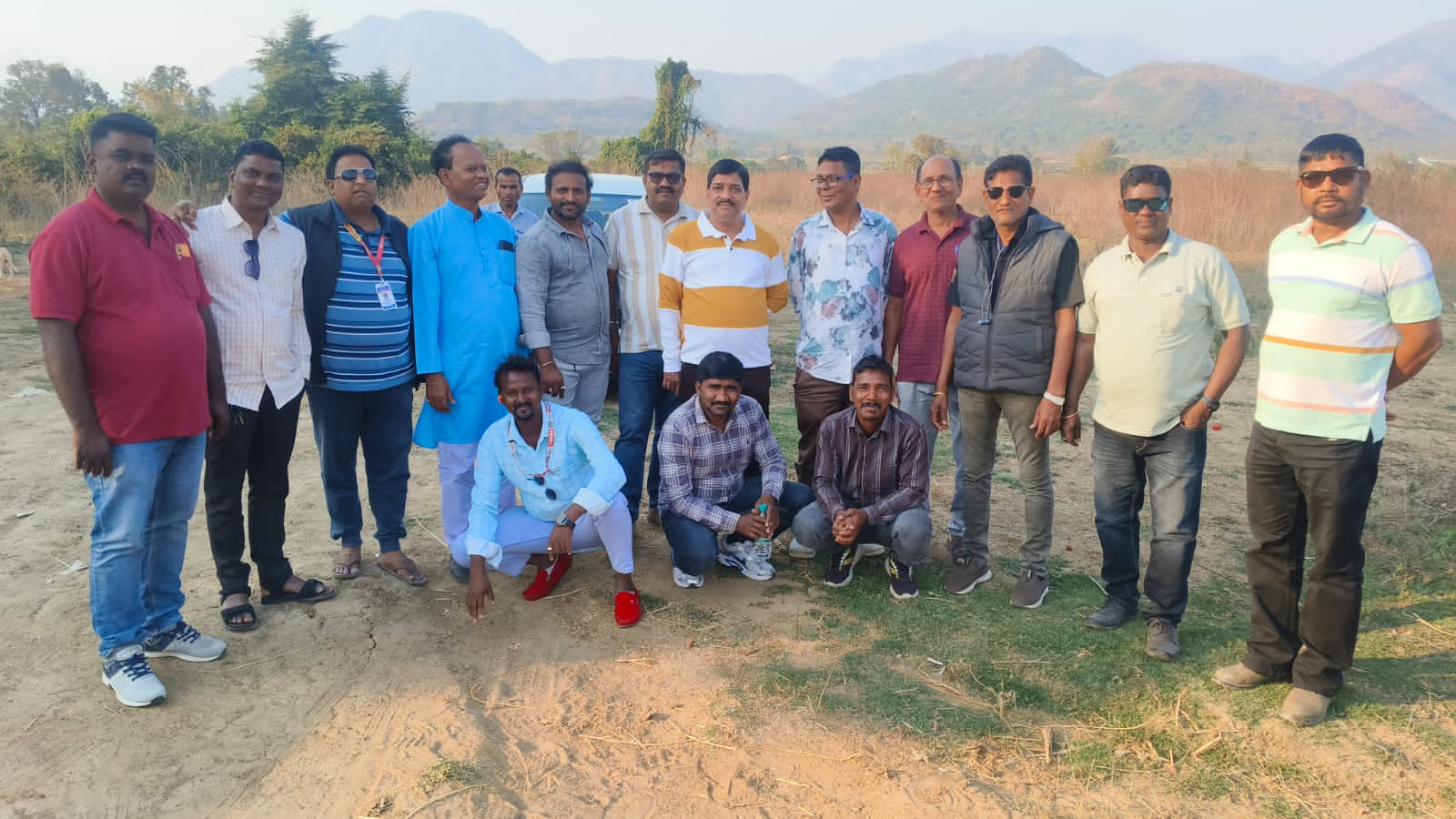
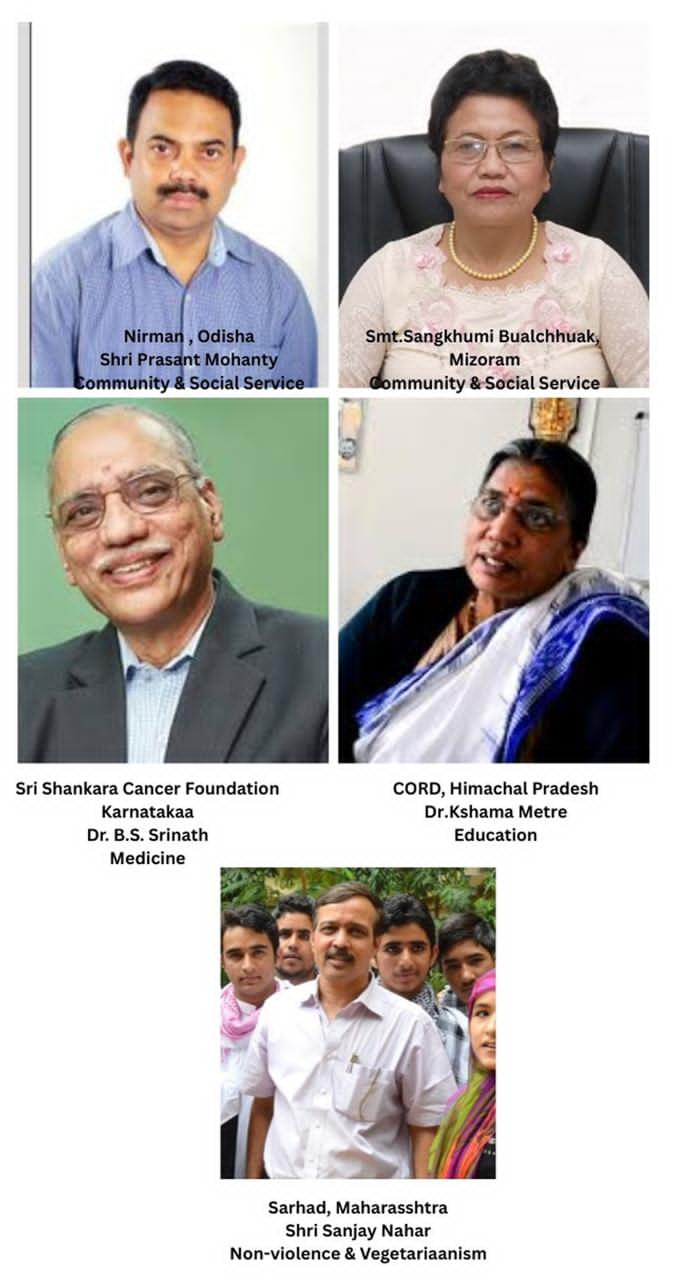
Leave a Reply